Our Members Asked:
Is it better to get vitamins from foods or supplements, and are natural vitamins better than synthetic vitamins?
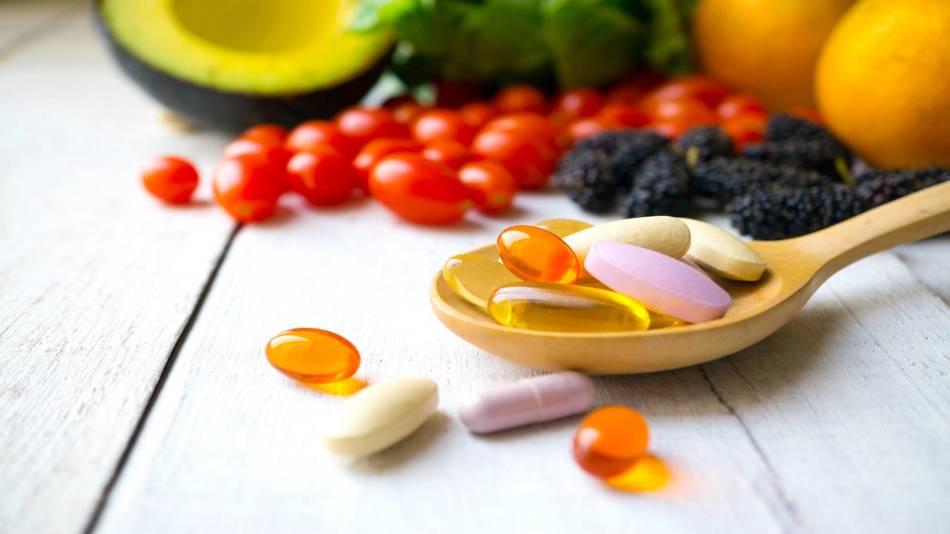
Answer:
It is generally best to get your vitamins (as well as minerals) naturally from foods or, in the case of vitamin D, controlled sun exposure.
For example, multiple studies have shown that calcium from foods is safer than from supplements. Older women who get high amounts of calcium from supplements seem to have a higher risk of kidney stones, strokes, and even a greater risk of dying over periods of time.
A small increased risk of death has also been seen in studies of people taking supplements containing vitamin A and beta-carotene compared to those who don't.
An analysis of data from the National Health and Nutrition Examination Survey (NHANES), among approximately 30,000 adults in the U.S., found that adequate daily intakes of vitamins A and K, magnesium, zinc, and copper from foods — but not from supplements -- were associated with reduced risk of dying over a period of time. The study found that no vitamin or mineral supplement (including multivitamins) was associated with a decreased risk of death from cardiovascular disease or any cause after adjusting for factors such as age, gender, eating habits and lifestyle (Chen, Ann Intern Med 2019).
Exceptions to the "foods are better" rule are two B vitamins. Ten to thirty percent of older people don't properly digest and absorb natural vitamin B-12 from foods, so it is recommended to get B-12 from a supplement if you are over age 50. Folic acid (vitamin B-9) from supplements and fortified foods is absorbed better -- about 70% better -- than folate from regular foods such as spinach. Consequently, pregnant woman are advised to get folic acid from a supplement (or fortified food) as well as regular foods. Also keep in mind that if you get your iron from plant foods, it is absorbed only half as well as iron from meat -- although eating your spinach (or iron supplement) with a source of vitamin C will boost the absorption of its iron.
Using supplements made from whole foods won't necessarily give you more vitamins (in fact, they typically contain more modest amounts of vitamins than other dietary supplements), but you will get other plant compounds which could be of potential benefit (as well as some grams of fiber if you are consuming, for example, spoonfuls of a whole food powder as opposed to a pill). Paying a premium price for this, however, may not be worthwhile and ConsumerLab.com has found lead contamination in some whole food and "greens" products.
Regarding natural vs. synthetic forms of vitamins in dietary supplements, sometimes natural is better, sometimes synthetic is better, and sometimes it doesn't matter. Keep in mind that all can help prevent or treat deficiencies and other conditions, and nearly all are known to be harmful at too high a dose.
Natural may be better in the case of vitamin E. At low doses, either natural (d-alpha-tocopherol) or synthetic (dl-alpha-tocopherol) can be fine, although you need more IUs of synthetic (1.6 IU) to get the same amount of active vitamin E as from 1 IU of natural vitamin E. There is also a greater risk of bleeding problems with synthetic vitamin E at high doses, so that the upper limit for vitamin E for adults is 1,100 IU of synthetic vitamin E, but 1,500 IU of natural vitamin E. Naturally, vitamin E also contains other tocopherols and tocotrienols, which may have benefit. However, ConsumerLab.com tests show that not all "natural" vitamin E products contain these additional natural compounds.
Natural may also be better with vitamin K. A form of vitamin K-2, known as MK-7, naturally derived from fermented soy beans and used in supplements is better at raising vitamin K levels than supplements with synthetic K-1 or synthetic K-2, known as MK-4.
Natural or synthetic sources are both fine for getting vitamin C. Rose hips, acerola, camu camu, and synthetically produced vitamin C all provide the same compound -- ascorbic acid, although be aware that the concentration of vitamin C in natural ingredients may be very low, e.g., 20 mg of rose hips powder may only provide 4 mg of vitamin C. The inclusion of citrus bioflavonoids (naturally present or added) may improve absorption.
Sometimes synthetic forms of vitamins offer advantages over natural forms. A synthetic form of niacin (vitamin B-3) called inositol hexanicotinate, for example, causes less flushing of the skin than niacin.
Although not a vitamin, lycopene supplementation may be helpful in reducing the risk of certain cancers and, in one study, was associated with reduced mortality, particularly from cancer. Consumption of tomatoes, which is rich in lycopene, has also been associated with a reduced risk of certain cancers and death from cancer.
Use the links above to get more information about each vitamin or mineral, including ConsumerLab.com's tests and reviews of supplements containing those nutrients. For recommended daily intakes of these and other vitamins and minerals also see the Recommended Daily Intake tables, which includes upper intake limits.
Join today to unlock all member benefits including full access to all CL Answers and over 1,400 reviews.
Join NowAlready a member? Sign In Here.
Join now at www.consumerlab.com/join/

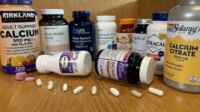

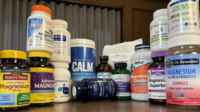

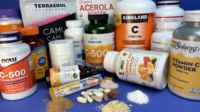
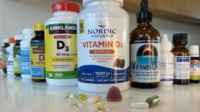
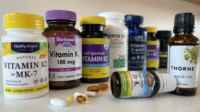
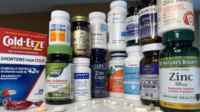
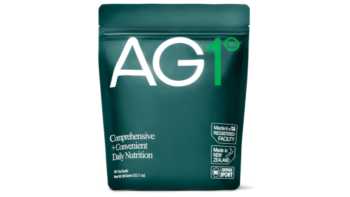
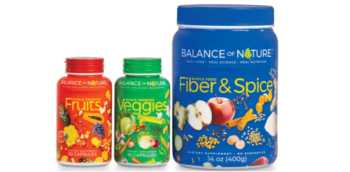
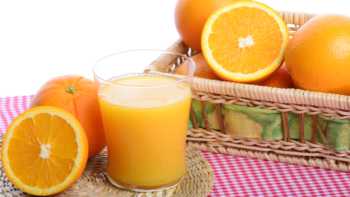




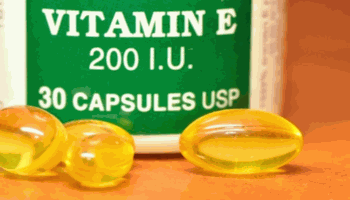







Submit your comment
This feature is restricted to active members.
Join now to add comments and get all member benefits, including over 1,400 reviews.
Join NowAlready a member? Sign in here.